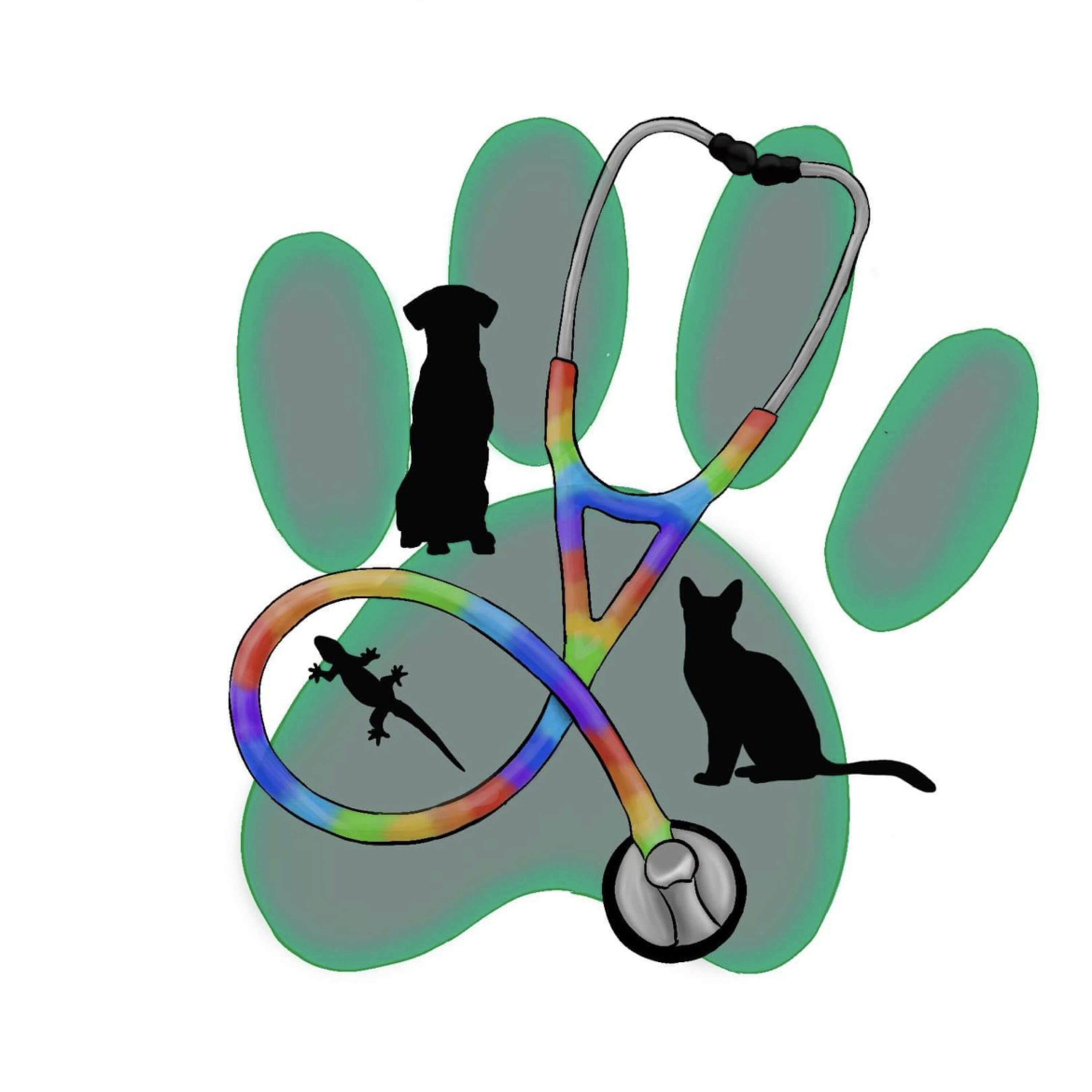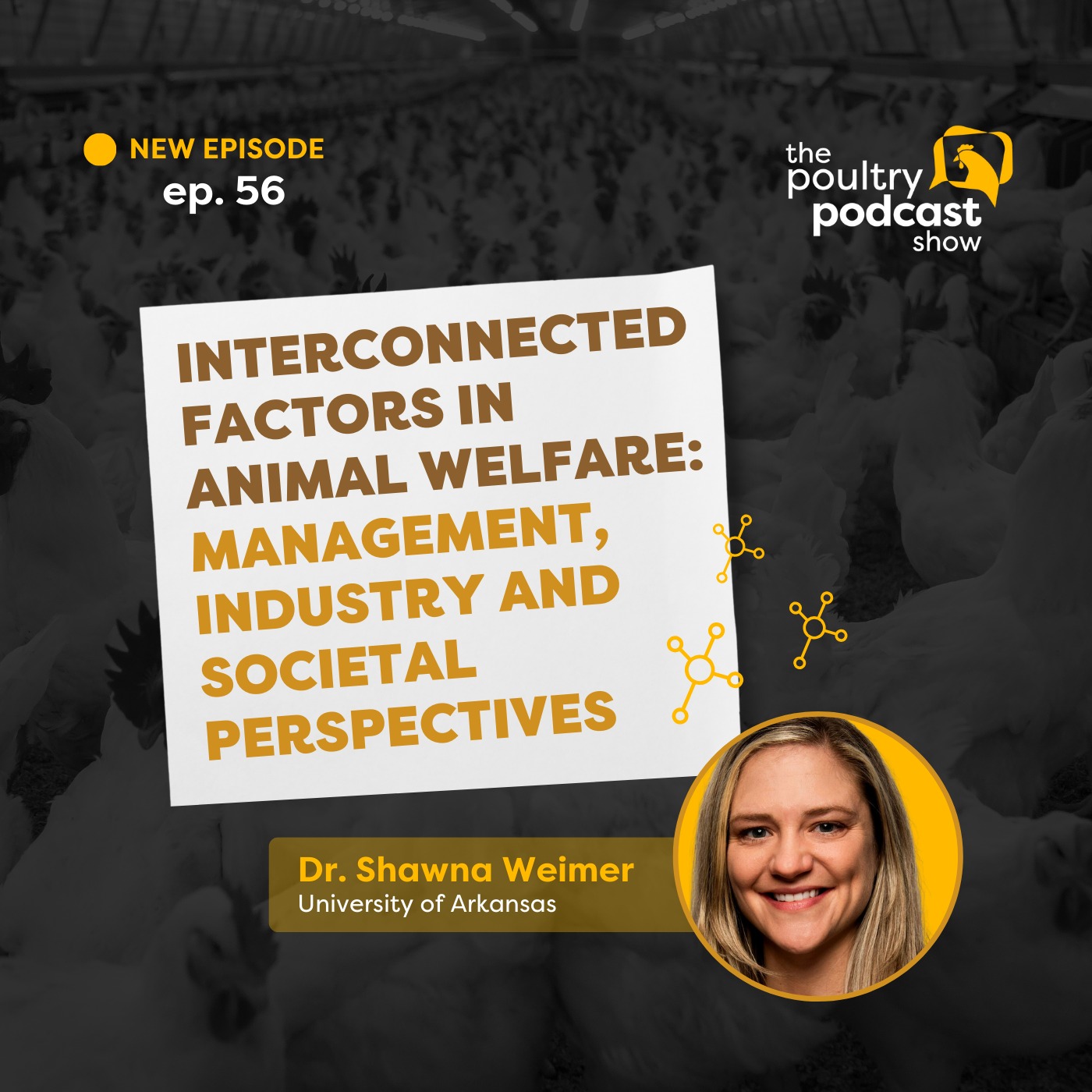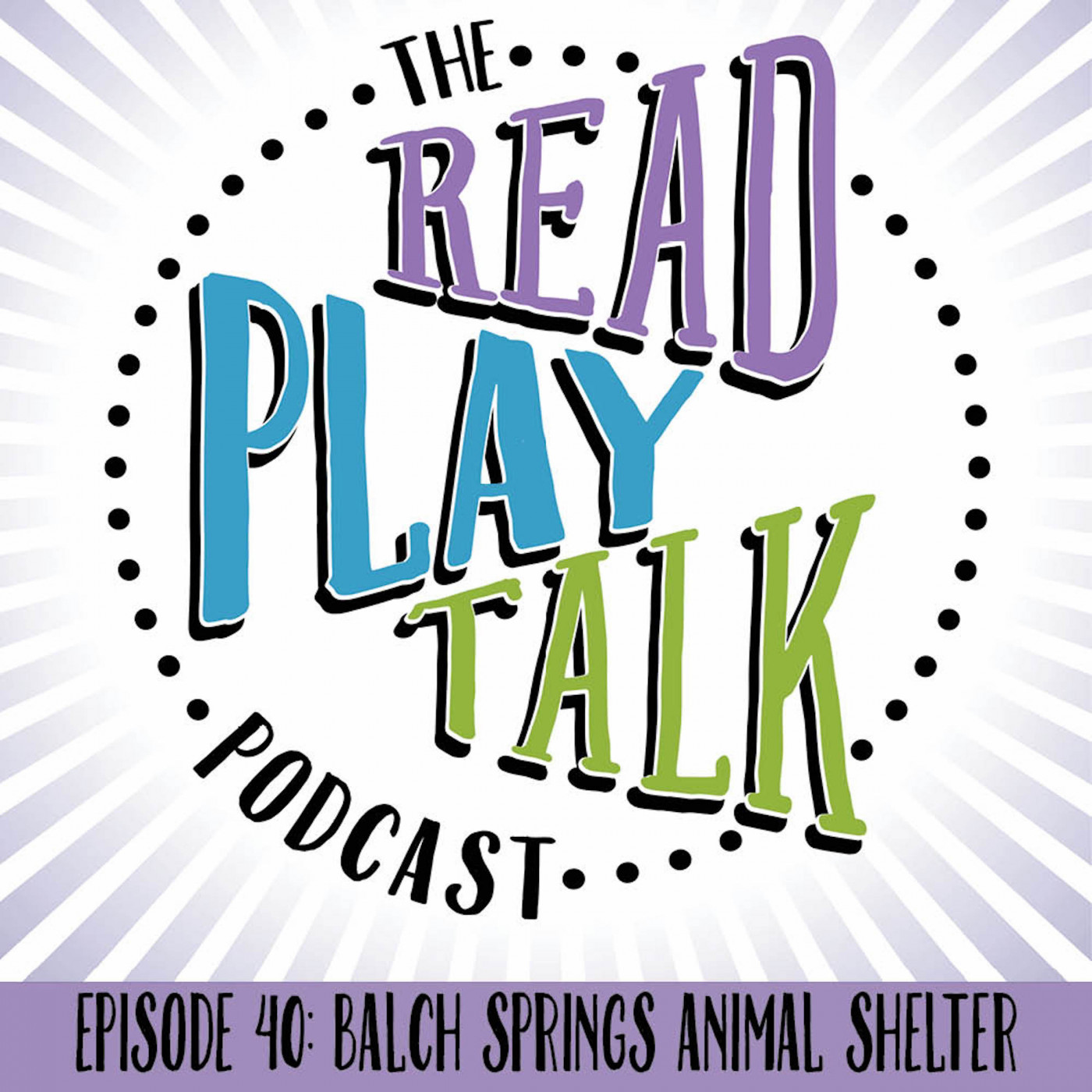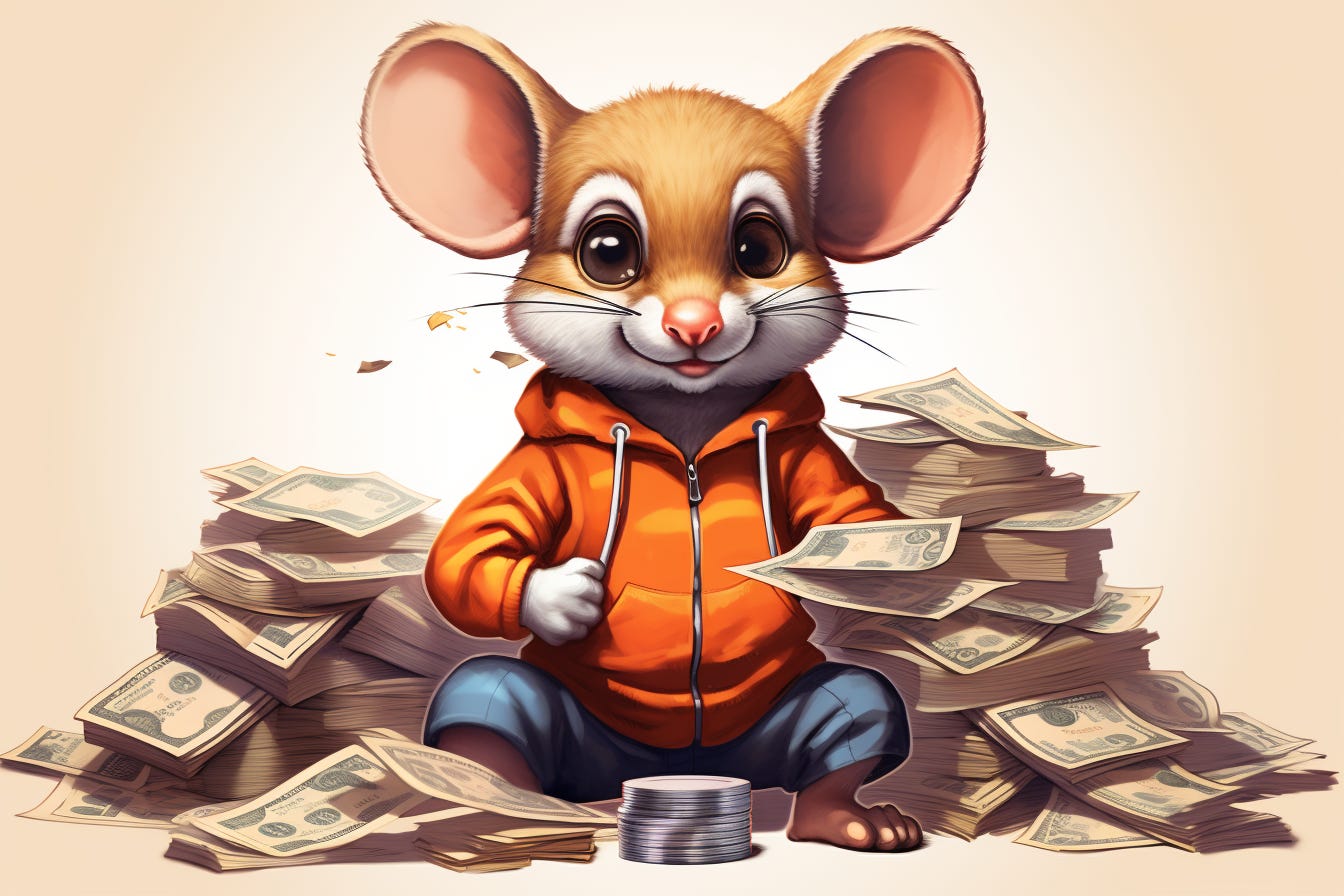- After-Shows
- Alternative
- Animals
- Animation
- Arts
- Astronomy
- Automotive
- Aviation
- Baseball
- Basketball
- Beauty
- Books
- Buddhism
- Business
- Careers
- Chemistry
- Christianity
- Climate
- Comedy
- Commentary
- Courses
- Crafts
- Cricket
- Cryptocurrency
- Culture
- Daily
- Design
- Documentary
- Drama
- Earth
- Education
- Entertainment
- Entrepreneurship
- Family
- Fantasy
- Fashion
- Fiction
- Film
- Fitness
- Food
- Football
- Games
- Garden
- Golf
- Government
- Health
- Hinduism
- History
- Hobbies
- Hockey
- Home
- How-To
- Improv
- Interviews
- Investing
- Islam
- Journals
- Judaism
- Kids
- Language
- Learning
- Leisure
- Life
- Management
- Manga
- Marketing
- Mathematics
- Medicine
- Mental
- Music
- Natural
- Nature
- News
- Non-Profit
- Nutrition
- Parenting
- Performing
- Personal
- Pets
- Philosophy
- Physics
- Places
- Politics
- Relationships
- Religion
- Reviews
- Role-Playing
- Rugby
- Running
- Science
- Self-Improvement
- Sexuality
- Soccer
- Social
- Society
- Spirituality
- Sports
- Stand-Up
- Stories
- Swimming
- TV
- Tabletop
- Technology
- Tennis
- Travel
- True Crime
- Episode-Games
- Visual
- Volleyball
- Weather
- Wilderness
- Wrestling
- Other
Psychology of Animal Hoarding
Katherine Competus, a Dr. of Clinical Social Work, and Assistant Professor at New York University joins Mary Lou Davidson to discuss the mental health aspects of what is known as Noah’s Syndrome. There are three unique types of this syndrome: Overwhelmed Caregiver Rescuer/Savior Exploiter What happens to the person once discovered? How can we spot an animal hoarder in the making? What needs to be done to prevent animal hoarding. Join us for this enlightening chat. Transcript: Mary Lou Davidson4:57 – 5:33 Hey, welcome to the rover. Reporter I’m Mary Lou Davidson, and today we’re going to be talking about a complex issue dealing with humans and animals that we’ve all heard about in the news. It’s called animal hoarding, and we’re joined by Dr. Kathy Compatus. She is a doctor of clinical social work, and she’s really dug into this issue. She’s also an assistant professor at New York University. She’s done tons of research, and she’s going to help us unpack animal hoarding. Welcome, Kathy. Hi, thank you. Kathy5:33 – 5:34 Thanks for joining. Mary Lou Davidson5:34 – 6:06 Know this is such a complex issue and it’s an awful situation for both humans and animals. There’s a phrase that’s bandied about I’m not sure if you coined it or not, but it’s called the you know, it evokes sort of positive vibes because we all think of Noah trying to save all the species. But tell me about that. Sure, I would love to take credit, but I did not invent Noah syndrome. Kathy6:07 – 7:15 Noah syndrome traditionally implies that there’s more of a biological component to this condition. And yes, absolutely, we like to think of Noah as rescuing all these animals. But the reality of the story is that he passed a lot of animals into a small boat or a big boat, but still he packed a lot of animals. So the idea is that Noah’s syndrome is a nicer way to describe animal hoarding, because I think there’s such a negative connotation when we say animal hoarding and we neglect to remember that this is a serious mental health condition. It’s a syndrome, it’s an illness and it is something that we need to treat and respectfully rather than just reject and marginalize the people who suffer. Right. Mary Lou Davidson7:15 – 7:24 And Noah’s syndrome isn’t really one size fits all hoarders. There are different types. Can you get into that with us? Kathy7:24 – 11:40 Absolutely. So firstly, I just want to mention that animal hoarding is not just about having a large number of animals, really. There’s no set number that people have agreed on, really. It is somebody who has a large number of animals, but that also lacks the insight to realize that they are unable to care for these animals. So somebody can have a large number of animals and care for them very well. A lot of rescue organizations do this. But when somebody has the situation that deteriorates into complete squalor, neglect, unsanitary living conditions, that’s when a regular companion animal or farm animal, it could be any species, that’s when it turns to hoarding as opposed to just rescuing. So there are a couple of types of hoarders. So the three main types of animal hoarders that we like to describe, one is the overwhelmed caregiver. So it is somebody who essentially has pets and they get a few more, a few more and it just gets out of their control. So sometimes these are people that may be caring for the animals very well, but then suffer from a serious physical illness such as cancer, where they might be undergoing chemotherapy or something like that, and they are no longer able to care for the animals. So, like I said, it starts off a quite normal situation and then deteriorates into this really awful squalor situation where the people suffer and the ani









